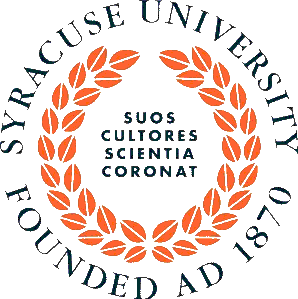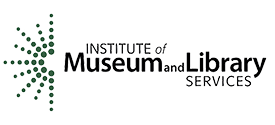The Innovation Process
The innovation process begins with one or more experiences that pique the curiosity and interest of the young innovator. Using inquiry and experimentation, typically the young innovator identifies a need or problem, brainstorms ideas that might meet that need or solve that problem, seeks information to support their best idea, creates some type of plan (e.g., a drawing, a model, a written description) and uses that plan as a guide to proceed through the process, sometimes completing the innovation as planned but, more commonly, making changes and sometimes discarding the plan entirely because it just doesn't work or someone else has already invented it.
Nasario, an 11-year old inventor from Connecticut, attested to this when he was asked, "What surprised you most about the innovation process?"
What surprised me? Wow, that would definitely have to be how sometimes you think you've thought of an amazing idea, and then you realize, "Oh. Somebody already did this. Well, better think again!"
Most young innovators also experience some failure during the process and must find a way to overcome barriers in order to reach completion. All of these phases provide ideal opportunities for school librarian mentors to offer their guidance and support (and possibly even some instruction) to their mentor.
Once the innovation process is completed, many young innovators participate in classroom, school-wide, district-wide, state, regional and even national innovation competitions (e.g., state invention conventions). The Innovation Destination web site provides a listing of many such competitions at the state, regional and national levels.
As you learned in Module 3, mentor-librarians support students' development as innovators, provide them opportunities to develop their vision as innovators by providing a variety of resources, technologies, and experiences that open up and broaden their minds and challenge their thinking. Mentor-librarians also provide feedback that is both motivational and informative.
In the following sections, we will present two relevant models and a set of principles that can serve as frameworks for designing inquiry skills learning opportunities for your young innovator mentee. Stripling's Inquiry Process Model focuses on helping your mentee gain effective inquiry skills so they can ask good questions and seek potentially good solutions. Keller's ARCS Model of Motivational Design makes sure that you incorporate a variety of motivational strategies into both inquiry skills learning activities and your mentoring interactions with young innovators. Universal Design for Learning principles ensure that all of your activities and interactions are accessible and inclusive and address the needs of all children.
The Innovation Destination
The Innovation Destination was designed and evaluated by a team from the Center for Digital Literacy at the School of Information Studies, Syracuse University and developed by Data Momentum Inc, in partnership with the Connecticut Invention Convention, By Kids for Kids, New York On Tech, and over 70 school librarians and young innovators.
This site has been serving the youth invention community from 2015 - present.




